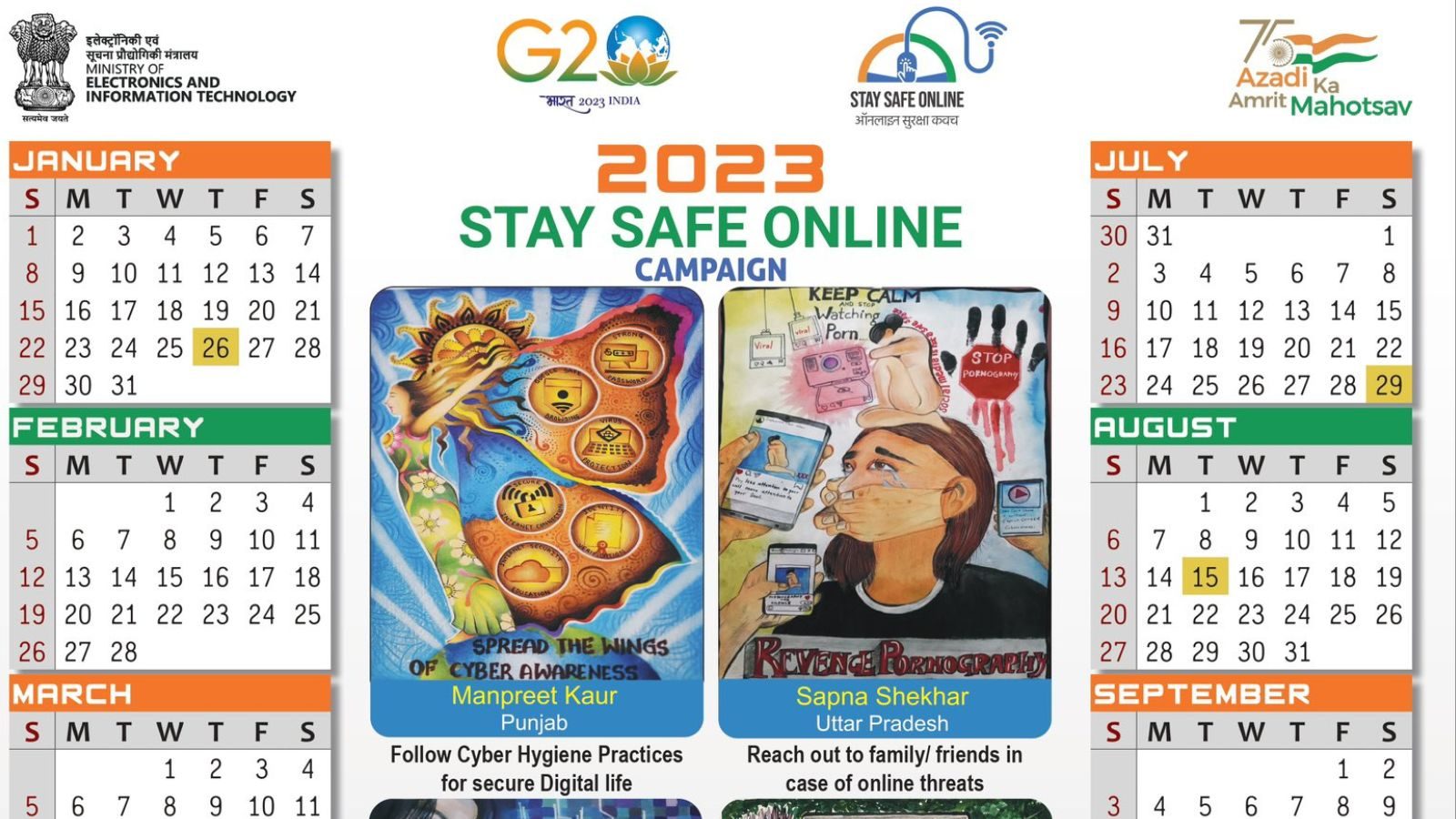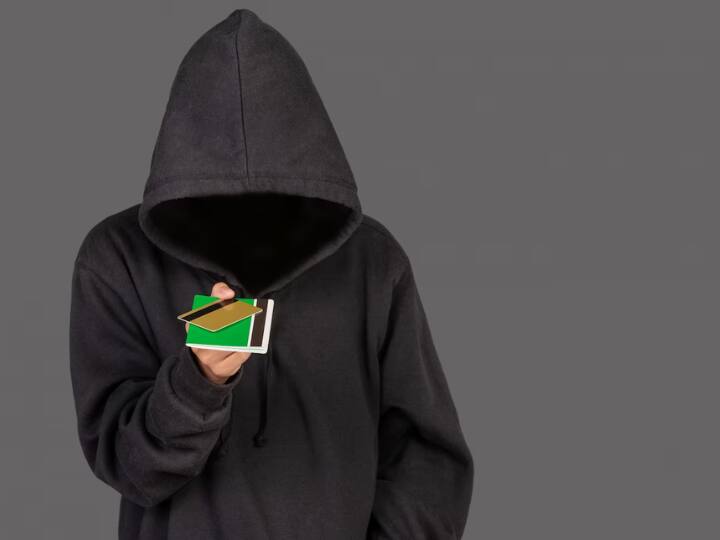[ad_1]
The Ministry of Electronics and Information Technology released a calendar on social media titled 2023 Stay Safe Online Campaign with six interesting artworks focusing on women online users and threats around them.
In a tweet, the ministry asked people to pin it to their social media accounts so that online users can remind themselves that cybersecurity is the priority of Digital India.
In late December, Union IT Minister Ashwini Vaishnaw launched a new campaign, ‘Stay Safe Online’, as part of India’s presidency of the G20, along with the ‘G20 Digital Innovation Alliance’ (G20-DIA), to raise awareness among citizens about the importance of online safety.
The increasing usage of the internet, specifically social media, has pointed out the fact that cybersecurity awareness is the need of the hour and many experts have agreed to this when they spoke to News18 earlier.
THE CALENDAR
The recently released digital calendar includes paintings, made by several women from different parts of the country, highlighting online threats and safety issues. While one painting titled ‘Spread the Wings of Cyber Awareness’ was created by an artist from Punjab, another made by an Uttar Pradesh-based artist, pinpointed ‘Revenge Pornography’.
Similarly, other artists, through their paintings focusing on women characters, portrayed issues such as online data sharing, data theft, cyberbullying and mental trauma, as well as the influence of social media and becoming a puppet, increasing privacy concerns.
It is understood that the ministry and the agencies have tried to combine art and technology together so that the messages related to cybersecurity can reach maximum number of online users. The notes added to each of these images read:
- Follow cyber hygiene practices for secure digital life
- Reach out to family/ friends in case of online threats
- Be careful with what you share online
- Think before you click
- Keep unique and long passwords
- Enable security and privacy settings for online.
WHY WOMEN?
A study by Nature highlighted that women and girls are more likely to be victims of ‘remote sexual abuse’ than men; being targeted by cybercriminals and bullies on online platforms.
Experts have found that women are soft targets on social media. For example, in a study on 72 women titled ‘Cyber Stalking – Victimization of Girl Students: An Empirical Study,’ 12.5% of the respondents had a relationship with their cyber stalker before the stalking began. According to the study, 62.5% of harassment began with emails and online chats.
In the early 2000s, India first reported cyberstalking case in which Manish Kathuria appeared as the perpetrator who stalked the victim Ritu Kohli through online sources and then abused her by sending obscene messages.
It is understood that for criminals, social media has become a good hunting ground. Personal data leakage, stalking, cyber impersonation, and honey trapping these are becoming extremely common online crimes in India. While talking to News18, the spokesperson of cybersecurity company InstaSafe said that using some other ways like impersonation and photo morphing, Indian women are also getting targeted online and “irrespective of geography, sadly women have usually been targets for humiliation and disrespect”.
According to data from the National Commission for Women in 2021, the frequency of cybercrime against women increased dramatically in March and continued to rise. Additionally, the National Crime Records Bureau (NCRB) received over 600,000 complaints in the same year, including allegations of crimes against women, with 12,776 cases receiving first information reports.
At this moment India has some legal remedies under different statutes that can help victims, women and also men, but legal experts continue to urge for a specific legal framework for cybercrime. However, apart from this the most important fact would be being aware of all the cyber threats.
Dr Pavan Duggal, Supreme Court lawyer and Chairman of the International Commission on Cyber Security Law, earlier told News18: “People should learn not to share passwords, OTPs, sensitive personal data and financial or banking data with anyone. Additionally, internet users must restrict themselves from downloading any programme without verifying it.”
Read all the Latest India News here
[ad_2]
Source link






